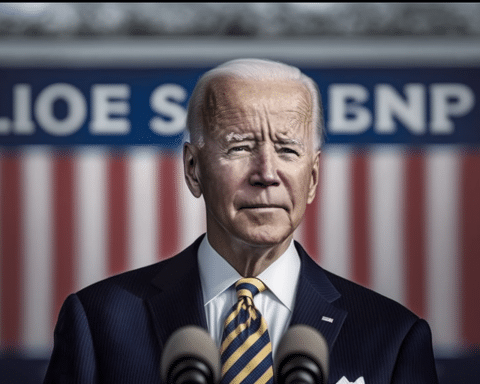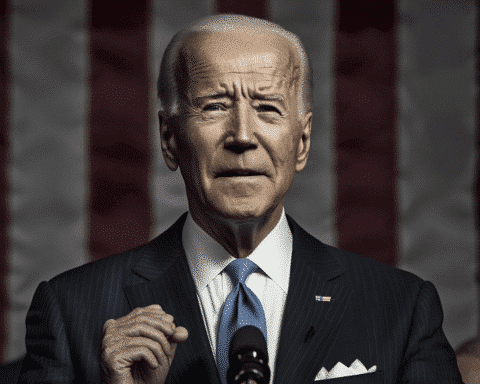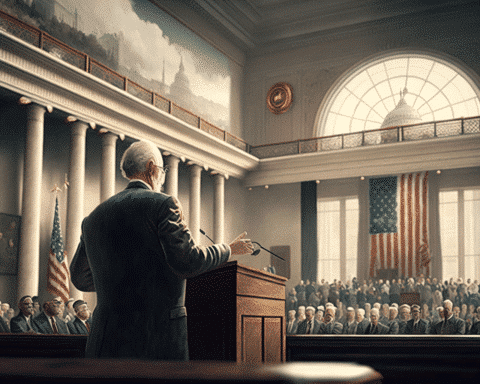In 2020, North Carolina perfectly exemplified the characteristics of a swing state, with a razor-thin margin giving victory to then-President Donald Trump over Joe Biden. At the same time, Democratic Governor Roy Cooper retained his seat with a margin of 5 percentage points.
The following year, even as Republicans secured two positions on the state Supreme Court, the congressional representation from North Carolina maintained a balanced split between the two major parties.
However, recent strategic moves by the GOP, bolstered by their increased representation in the state legislature, have cemented their influence in the state. Recent legislation altering voting procedures, often against the wishes of Democrats, indicates a potential shift of electoral control from the governor to the legislature.
In a similar vein, Wisconsin’s GOP-led legislature, despite facing statewide electoral setbacks, has pursued actions such as attempting to remove the nonpartisan election director and contemplating the impeachment of a newly-elected state Supreme Court justice.
While both major parties have historically engaged in gerrymandering, the ongoing political maneuvers in North Carolina and Wisconsin suggest a deeper strategy by the GOP to solidify their influence, even in the face of shifting voter support.
Chris Cooper, a political expert at Western Carolina University, notes that the evenly split voter base in these states fuels the aggressive political tactics. The geographical distribution of party supporters also plays a role. In both states, the Democratic base is concentrated in a few urban centers, which can lead to overrepresentation in certain districts, granting the GOP an advantage in others.
Recent redistricting attempts by the GOP in North Carolina met judicial opposition but with the Republicans now holding a majority in the state Supreme Court, more aggressive redistricting in favor of the GOP might be on the horizon.
Adding to the mix, new legislative proposals driven in part by lingering beliefs about the 2020 election could see significant changes in how elections are conducted. Critics argue that these moves might not be in the best interest of ensuring fair elections.
Governor Cooper expressed concerns over these changes, emphasizing the importance of election security over party politics. Meanwhile, GOP proponents, like state Senator Warren Daniel, stress the close connection of the legislature with the people.
Historically, North Carolina’s governance structure has always prioritized the legislative body. It wasn’t until 1997 that the state’s governor even acquired the power to veto.
Contrastingly, Wisconsin’s governance dynamics shifted drastically after 2010 when GOP’s control of the legislature led to increasingly confrontational politics, particularly against the state’s Democratic Governor, Tony Evers. Recent actions by the legislature, such as the potential impeachment of a newly elected Supreme Court justice, underscore the escalating tensions in state politics.
Former Republican state senator Dale Schultz laments the current political landscape, emphasizing the desperate measures undertaken by the legislature to maintain dominance.
In the rapidly changing political landscapes of North Carolina and Wisconsin, the battle for influence rages on. Both states have become microcosms of broader national tensions, as parties jockey for control not only through elections but also through strategic legislative maneuvers. As the lines of power are redrawn, the true test will be whether these decisions truly reflect the will of the people or if they are mere instruments of party politics. The future of these states and their roles in national politics will undoubtedly be shaped by the outcomes of these ongoing battles.




